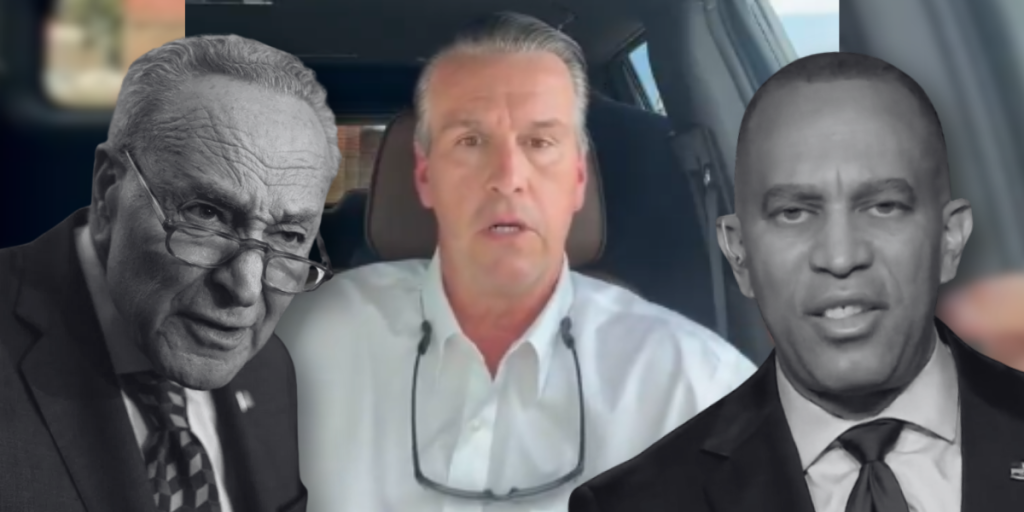
Brian Shamblen
MONTGOMERY, Ala. — On Friday, the Environmental Protection Agency (EPA) withdrew language from a rule proposal that many feared would devastate the semi-pro racing industry.
In an official statement, the EPA said “The proposed language in the July 2015 proposal was never intended to represent any change in the law or in EPA’s policies or practices towards dedicated competition vehicles. Since our attempt to clarify led to confusion, EPA has decided to eliminate the proposed language from the final rule.”
The proposed regulation would have prohibited the conversion of vehicles originally designed for on-road use into race cars. The regulation would also have made the sale of certain products for use on such vehicles illegal. The proposed regulation was contained within a non-related proposed regulation entitled “Greenhouse Gas Emissions and Fuel Efficiency Standards for Medium- and Heavy-Duty Engines and Vehicles—Phase 2.”
The regulation would have hit all vehicle types, including the sports cars, sedans and hatch-backs commonly converted for use at the track. While the Clean Air Act prohibits certain modifications to motor vehicles, it is clear that vehicles built or modified for racing, and not used on the streets, are not the “motor vehicles” that Congress intended to regulate.
In a press release, Alabama Attorney General Luther Strange (R-AL) applauded the EPA’s decision, saying “I am pleased the EPA listened to the many thousands of Americans who would have been harmed by its proposed rule that would have effectively shut down off-street racing in Alabama and across the country.”
Earlier in the year, Strange was one of nine attorneys general to challenge the proposed rule and noted “In Alabama and across the country, modifying race cars is a popular pastime and a significant contributor to the economy. In 2014, $36 billion was spent nationally on automotive specialty equipment parts and accessories. Off-road racing parts businesses which sell their products in Alabama and elsewhere, as well as local racetracks, would be adversely affected by the implementation of the new EPA rule.”
Alabama has over 40 racetracks open to amateur racers that would have been affected by the EPA’s regulation. Modified vehicles that run on the state’s many asphalt and dirt ovals, drag strips, and road courses could have been taken out of commission.











